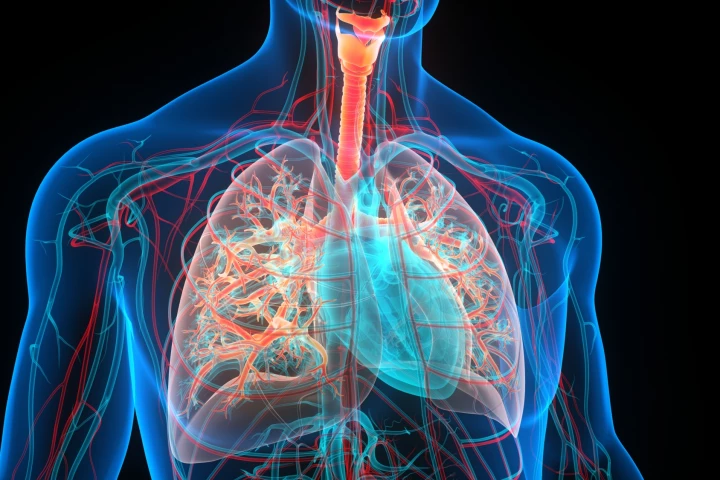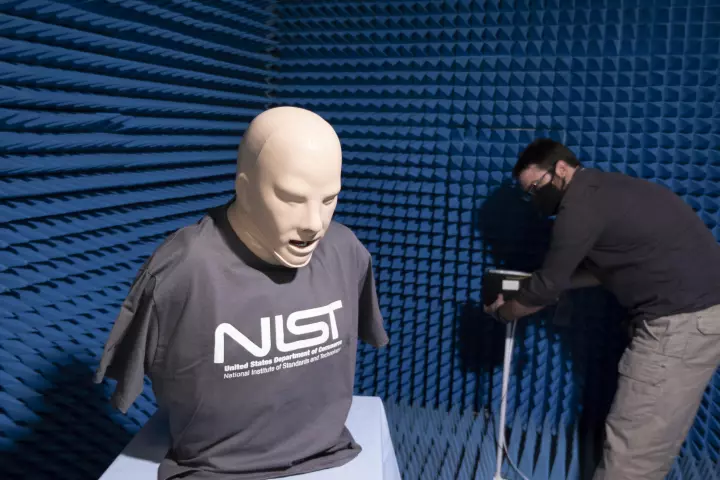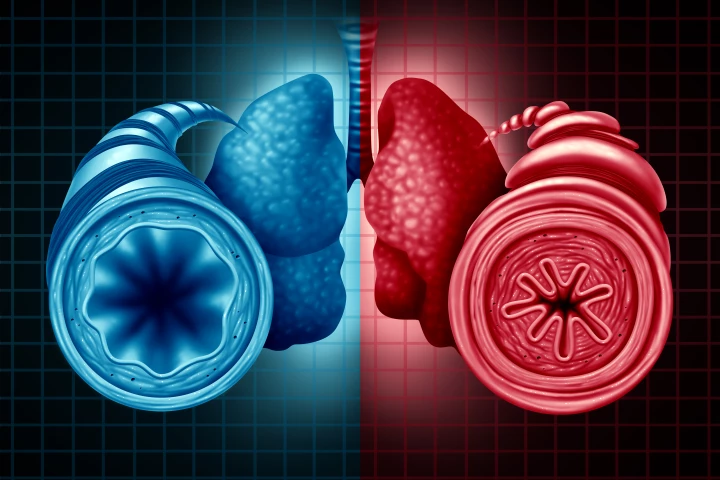Asthma
-
Researchers investigating the genetics underlying the airway inflammation seen in severe asthma have, for the first time, discovered that proteins that bind to RNA are dysregulated, driving changes in gene expression in cells that line the airways.
-
A new study suggests that people with low levels of vitamin K in their blood are more likely to have reduced lung function and to report lung problems like asthma, chronic obstructive pulmonary disease (COPD), or wheezing.
-
Researchers have found a link between infant food allergy and asthma in later childhood. They say their findings can help healthcare professionals to be more vigilant around monitoring the respiratory health of children with early food allergies.
-
Researchers have uncovered the molecular mechanisms that drive the inflammatory response in severe asthmatics. Their findings may lead to the development of an effective treatment for the potentially life-threatening condition.
-
Humans have bitter taste receptors not only in their mouths but in their lungs, too. Researchers have exploited these receptors’ innate ability to dilate the airways to create a potent new drug that may change how we treat diseases like asthma and COPD.
-
By modifying an off-the-shelf Wi-Fi router with a firmware update and using a deep-learning algorithm, scientists have been able to detect breathing patterns that indicate respiratory distress in a medical mannequin.
-
New research from the La Jolla Institute for Immunology has brought a novel, long-term treatment for severe asthma a step closer, presenting a potential way to block the thickening of airway muscle tissue seen in chronic asthma patients.
-
Asthma is usually managed by treating symptoms, but new research shows a potential way to target a root cause of the disease. A molecule prevented structural changes in the airways of asthmatic mice and eliminated their symptoms in weeks.
-
Corticosteroid inhalers are a common treatment for asthma, but patients with severe asthma don’t respond well to it. Now scientists have identified a mechanism that seems to block the drugs, and importantly, a potential way to bypass the problem.
-
Asthma is a very common condition and, while it’s treatable, there’s always a need for new options. Researchers at Trinity College Dublin have now found that an inflammatory “off switch” molecule could help treat severe asthma.
-
Scientists in Japan investigating new treatments for asthma have made a promising discovery, finding that a fermented soybean product can help temper inflammation associated with the condition in animal models.
-
Most asthma sufferers will know their symptoms are often worse at night. But why is this the case? A fascinating study has put more than a dozen asthma patients through two rigorous experiments and found the body’s circadian clock may be responsible.
Load More











